Phil Spencer, the head of Xbox, says that they still haven’t figured out how to properly pay the developers who agree to make their games available on Microsoft‘s subscription service.
The Verge‘s interview is so meaty that we still have to dissect it. Spencer said that the subscription service originally paid the studios based on how much their games were played, but now, the deals are „all over the place.” „That sounds unmanaged, but it’s based on the developer’s need. A smaller to mid-sized developer might be starting a game and say, ‘Hey, we’re willing to put this in Game Pass on our launch day if you guys will give us X dollars now.’ We’ll create a floor for them in terms of the success of their game. They know they’re going to get this return,” he said.
Spencer pointed out that in a few cases, Microsoft covers the development costs, while still allowing the devs to get revenue via retail sales, or even making these titles available via Steam, the Nintendo eShop, or even the PlayStation Store: „For them, they’ve protected themselves from any downside risk. The game is going to get made. Then they have all the retail upside, we have the opportunity for day and date. That would be a flat fee payment to a developer. Others want [agreements] more based on usage and monetisation in whether it’s a store monetisation that gets created through transactions or usage. We’re open [to] experimenting with many different partners because we don’t think we have it figured out. When we started, we had a model that was all based on usage. Most of the partners said, ‘Yeah, yeah, we understand that, but we don’t believe it, so just give us the money upfront,” he explained, hoping that eventually, there will be a hybrid model with the combination of upfront payments and usage.
The head of Xbox also reiterated that Game Pass has enabled titles to be developed that wouldn’t have been greenlit historically, suggesting that it even boosts Electronic Arts’ EA Play service, which is available via (Xbox) Game Pass Ultimate: „[That] was us working with our partners at EA to say, it’s not about a per-title thing, let’s bring the channel that you guys want to go drive and grow value in, called EA Play. Let’s bring that to Game Pass on console and PC, so you see growth in people’s attachment to your service through the distribution power of Game Pass. That’s a real strength for them. Actually, for a content partner like EA or someone else, it helps them create the kind of moat around their content that says, ‘No, this EA Play thing has value.’ We love that,” he said.
Later, he mentioned the rivalry between some Xbox and PlayStation fans, making it some tribalism: „I love the industry I’m in, this is the job I love… But that tribalism in the industry, if there was anything that would ever drive me out of the industry, it’s that, what you’re talking about. When a team releases something into the market for the world to tear it apart on the internet — it’s just such a brave thing for a team to do. I’m never going to vote against any creative team or any product team to do poorly because I have a competitive product. It’s not in me. I don’t think it helps us in the long run in the industry,” he said.
Spencer added that the core of the core fans have gone a bit too far, as they have „taken it to a destructive level of ‘I want that to fail so the thing that I bought succeeds.’,” using Spencer’s words. „I just really despise it. I don’t think we have to see others fail for us to achieve the goals. We’re in the entertainment business. The biggest competitor we have is apathy over the products and services [and] games that we build. We see that today. Everybody is doing well in the industry right now for the most part with the stay-at-home and the surge. That’s what we should be focused on as an industry. We’ve done it with things like cross-play and other things that we focused on breaking some of those tropes. But there is a core that just really hates the other consumer product. Man, that’s just so off-putting to me. Again, maybe that word is probably too light. To me, it’s one of the worst things about our industry,” he said.
It’s good to see him being critical, as Jim Ryan, the PlayStation boss, doesn’t seem to have such humility in his comments.
Source: Gamesindustry
Please support our page theGeek.games on Patreon, so we can continue to write you the latest gaming, movie and tech news and reviews as an independent magazine.
Become a Patron!

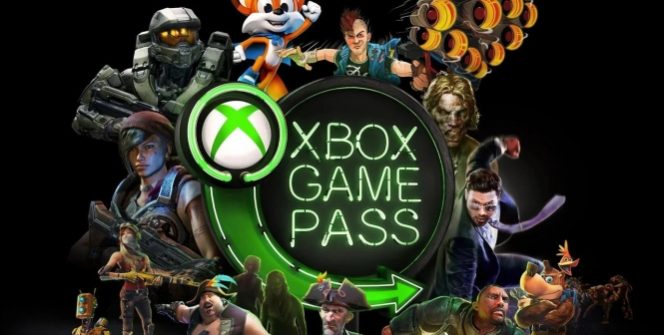


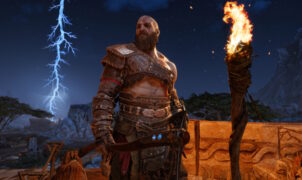
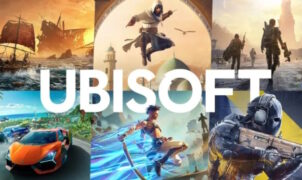

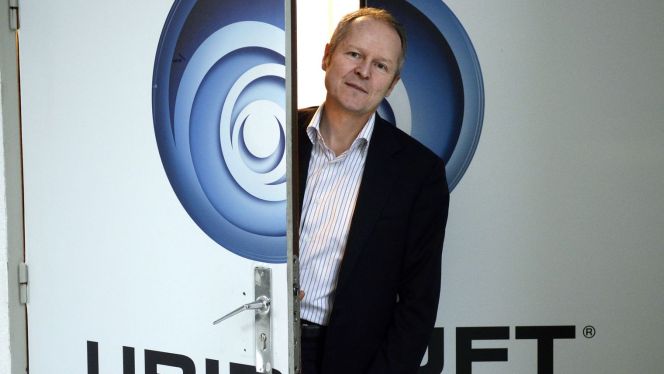
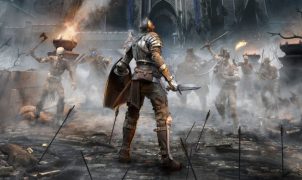




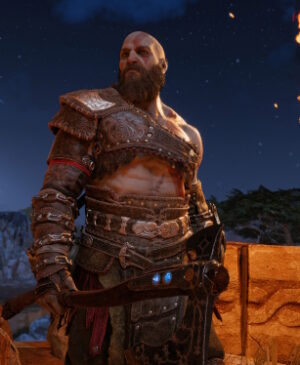
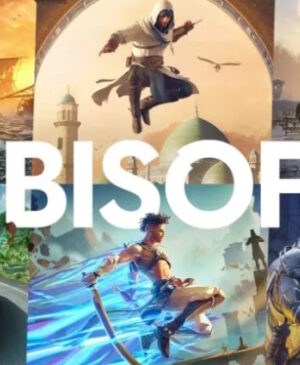
Leave a Reply